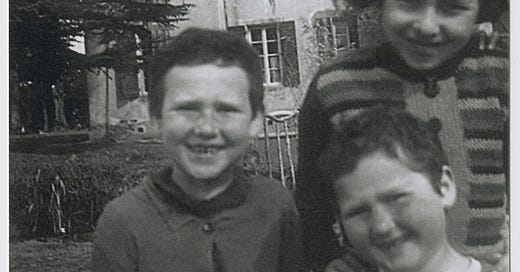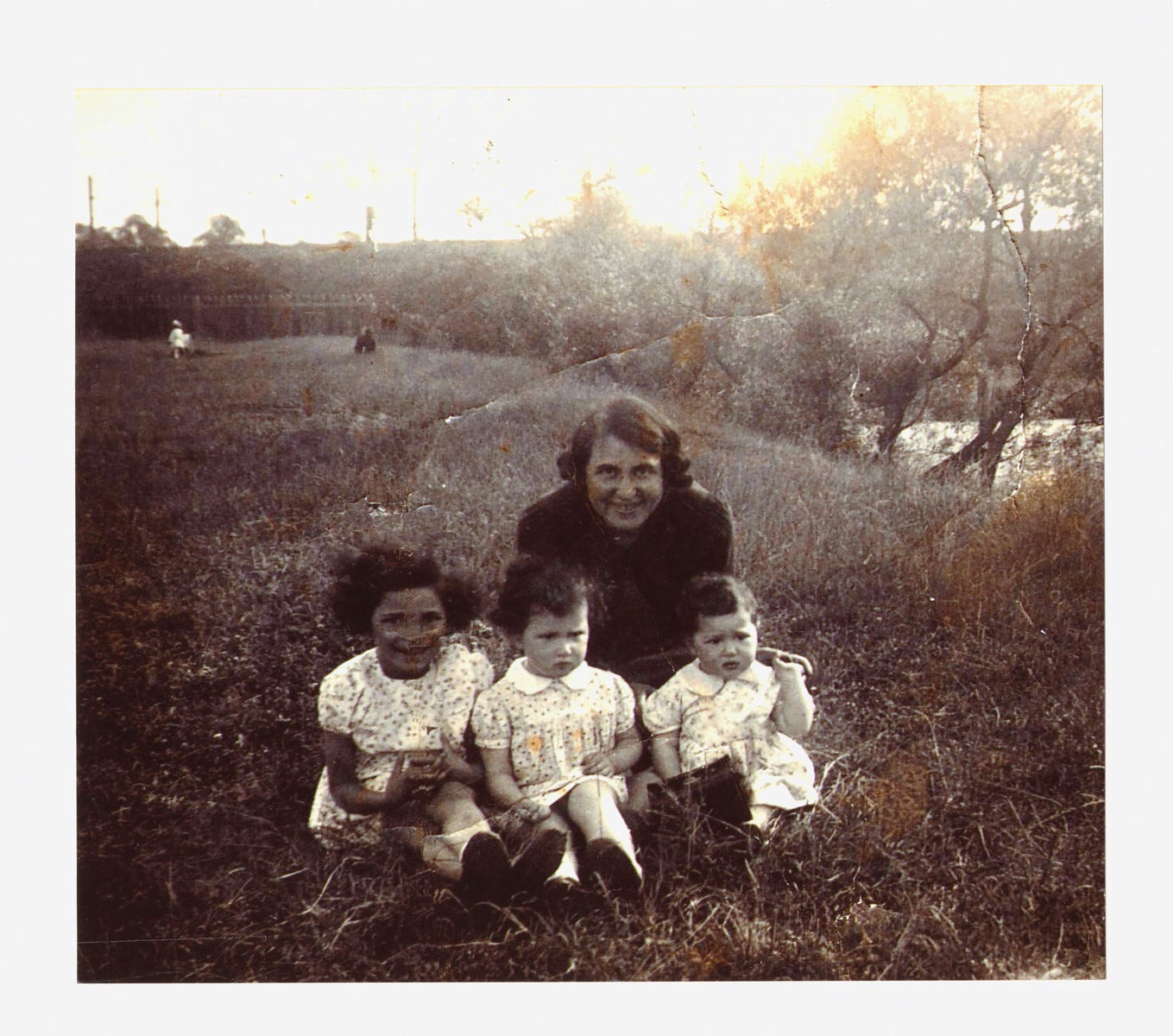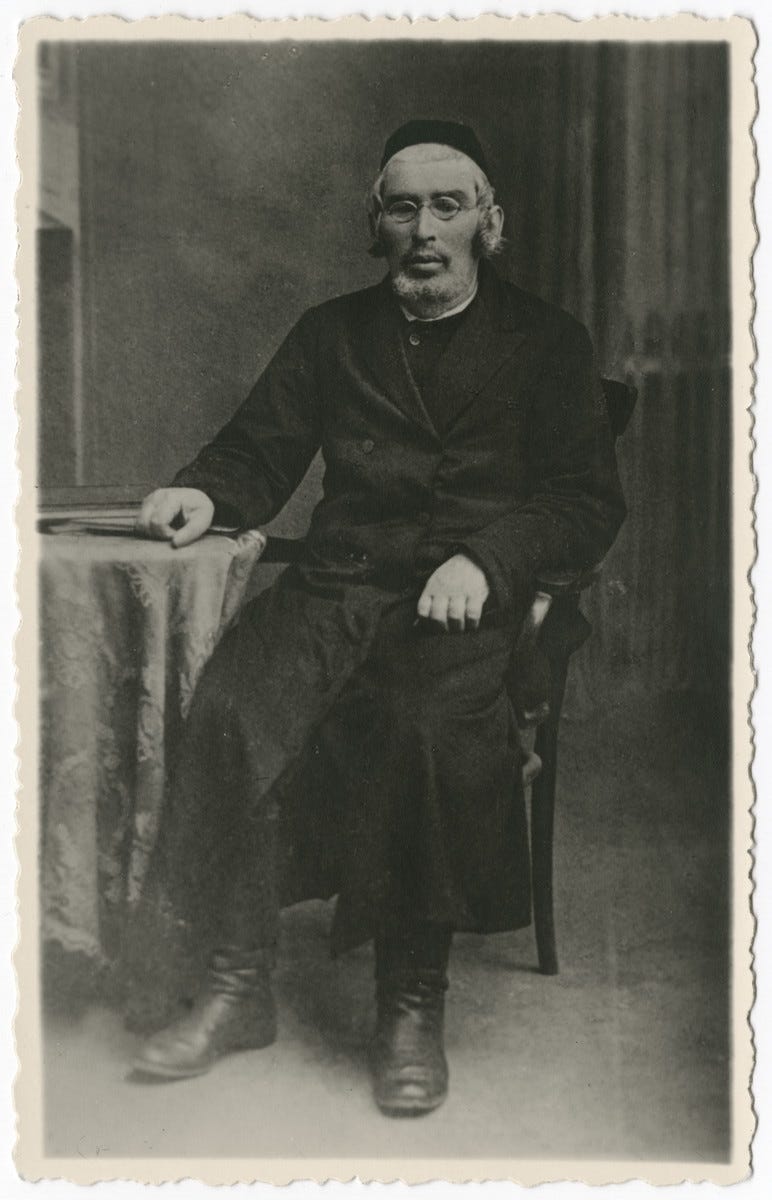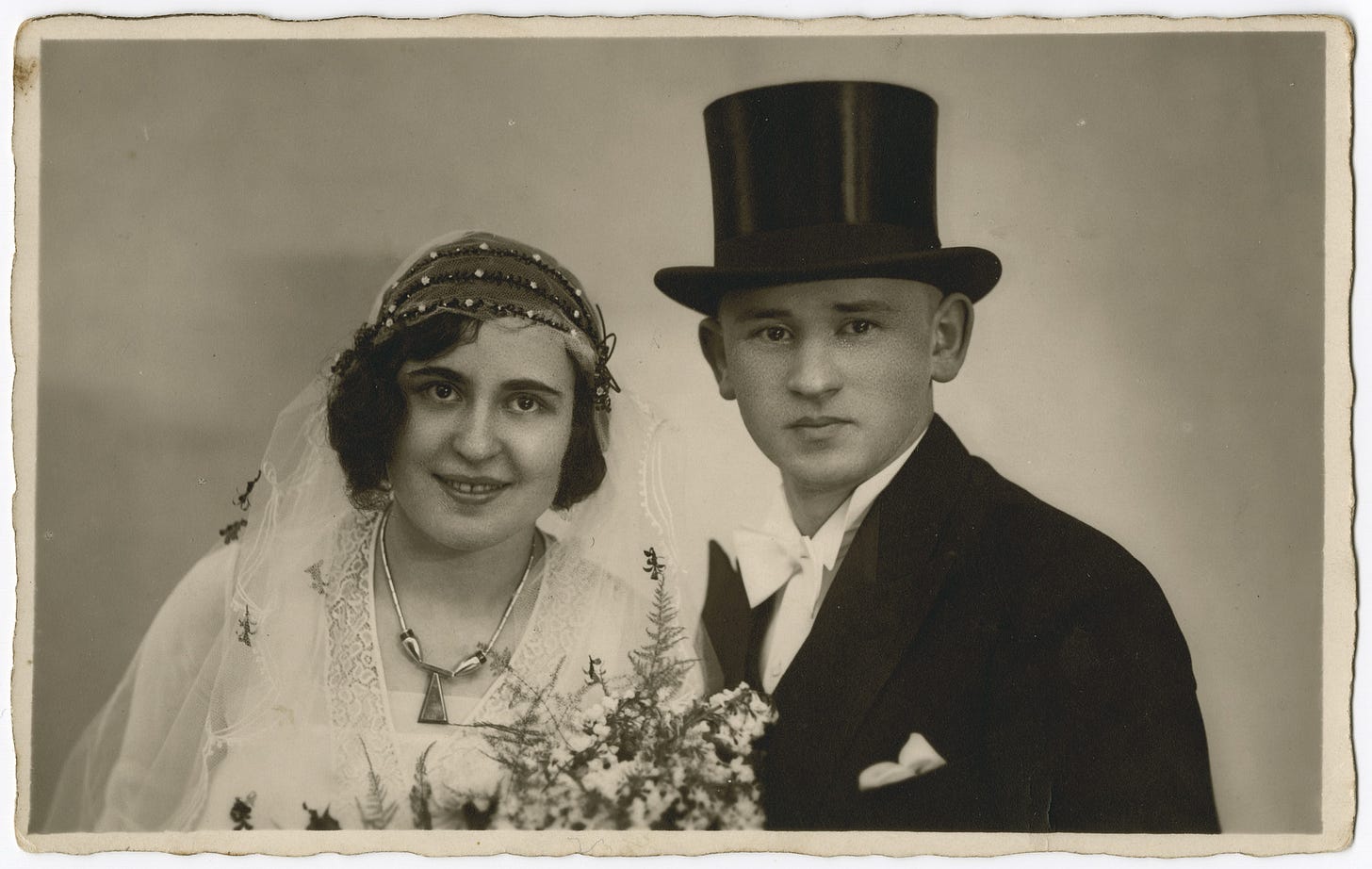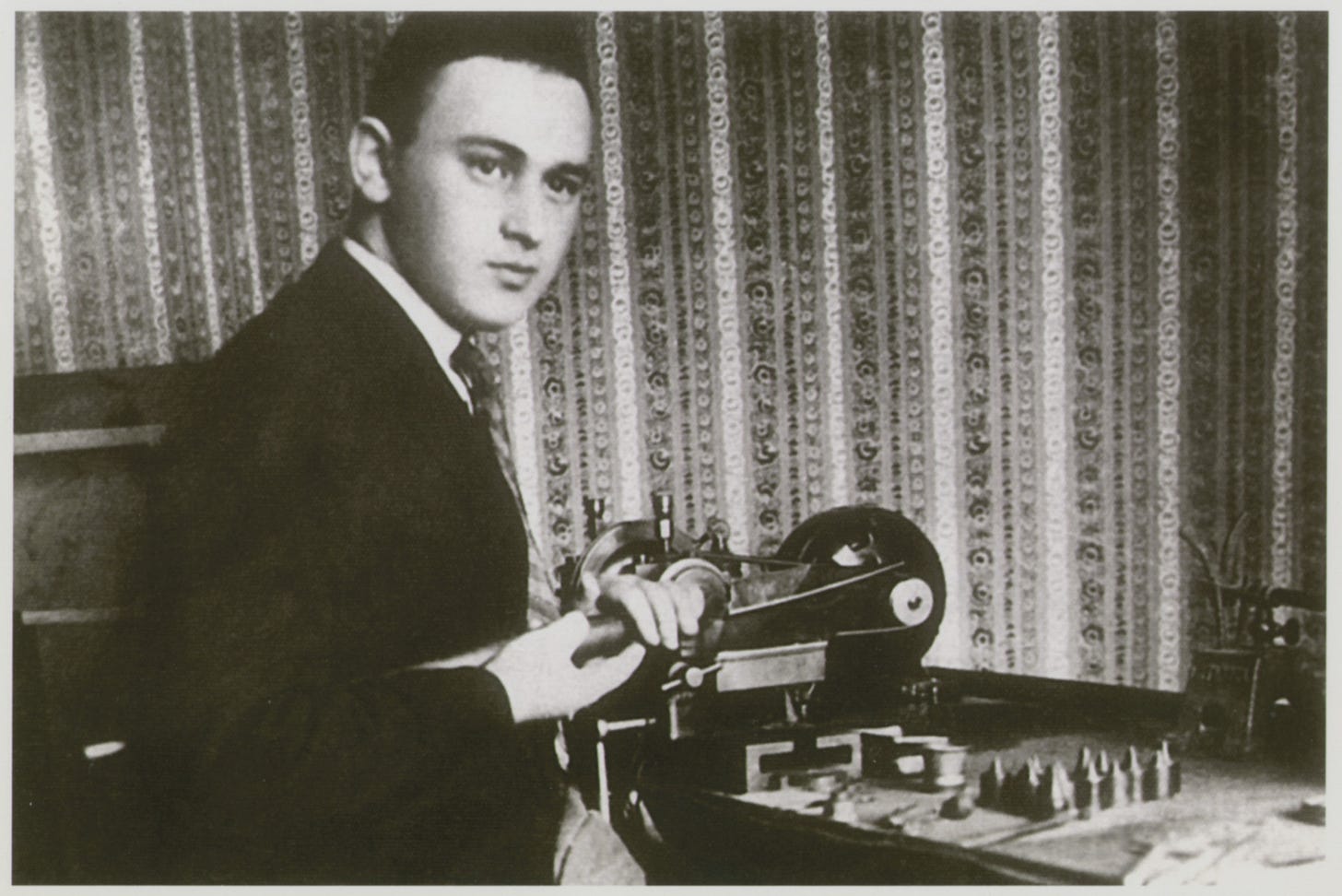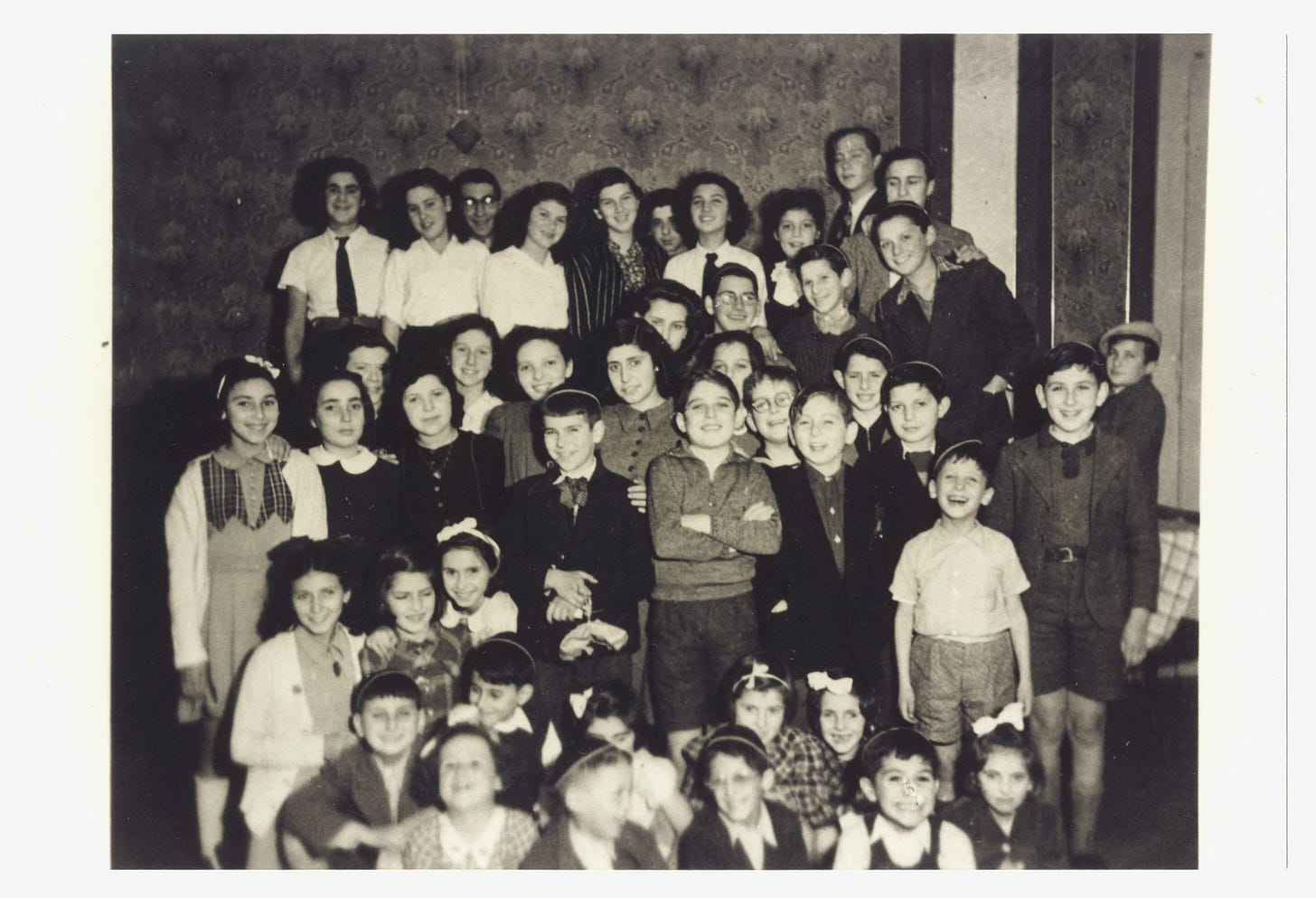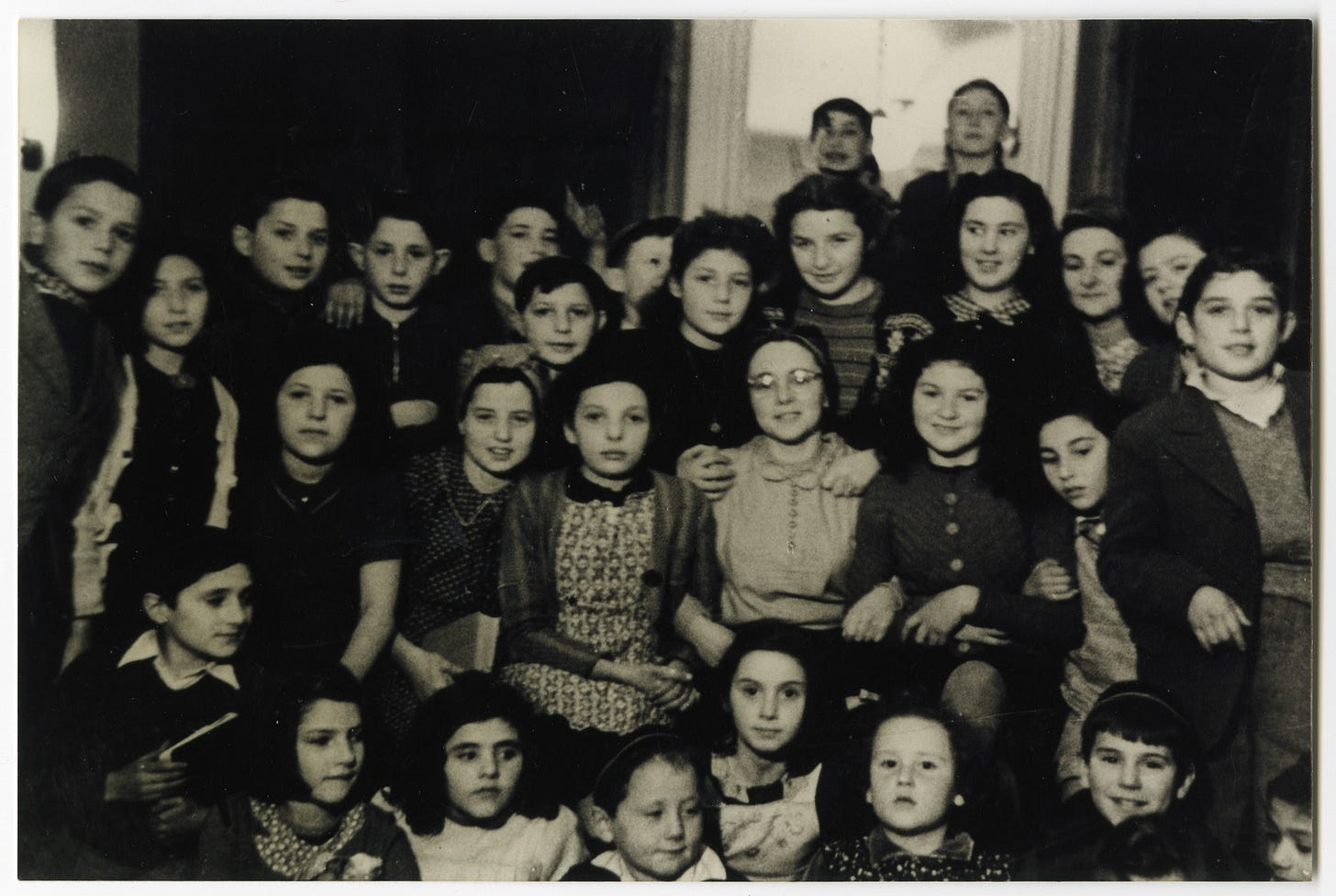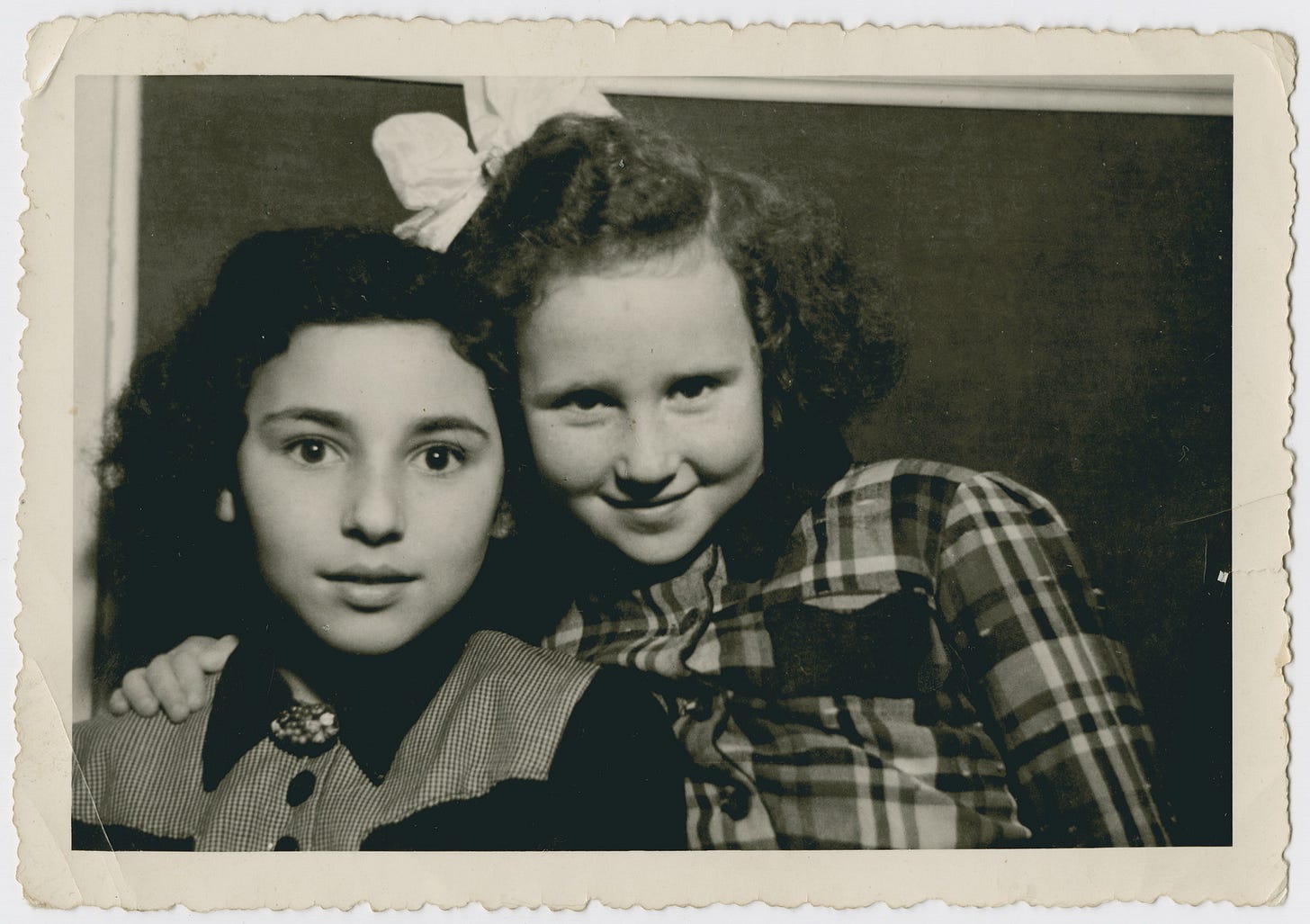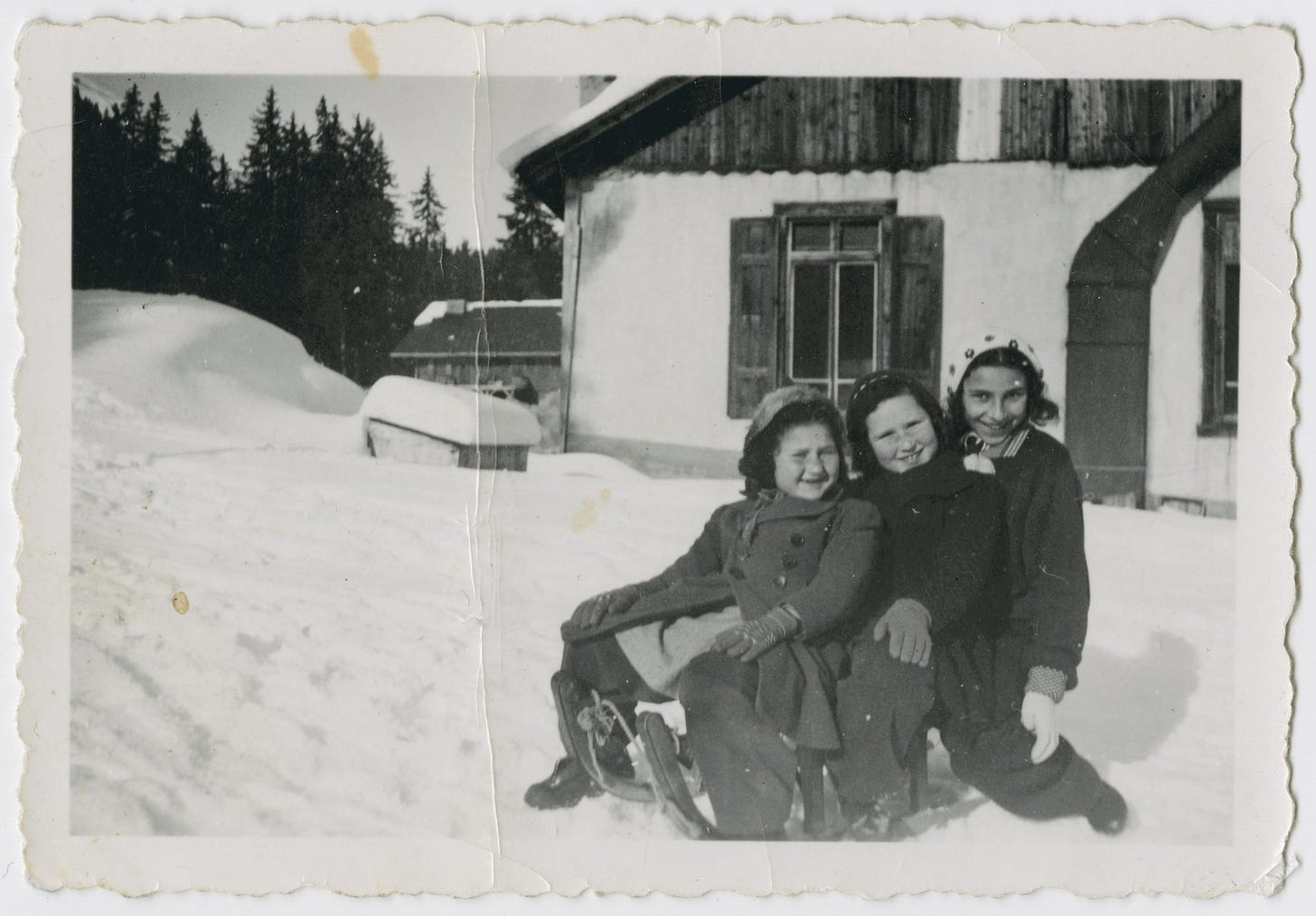Zalman Schneerson - The rescue of Bertha, Malka and Bella Teitelbaum
Wisdom of our Fathers, Rabbi Hillel: “In a place where there are no men, strive to be a man.”
We are preparing for a podcast about Reb Zalman, to understand this man and to contrast with Ramash. Reb Zalman was a hero, while Ramash ran from Russia, ran from Poland, ran from Germany and ran from France. And then denigrated Reb Zalman in America. Ran as far from the Jews and their suffering as possible. He had no kids, so the escape, was all selfish (I suspect the third dialog, is the dialog with Ramash).
Ramash never spoke about the Holocaust or the victims as if nothing happened! Never recognized the heroes because it would have raised the questions about his behavior during the time. Horensteins, his bother-in-law family, forgotten.
You want to know what is the problem with the cult of personalty. It exists by consistency removing of what is good, what is talented to highlight the top dog. Ramash consistently sidelined any individual who were not subservient to him or had any talent, which is essentially the same thing.
You would like to know why there is no achievement, competence in Chabad except raising money by selling fake news and fake stories, so here is your answer.
Yidden, my brothers and sisters, you have been seduced, molested by lomdus, autistic brain gymnastics and you forgotten about character. You have succumbed to the mass hysteria, the innate human desire to be accepted, to be part of the tribe. But people who saw Ramash up close, Rayatz’s immediate family, perhaps Rayatz himself, had no illusions about the nature of the man. That’s why Ramash hated them. He hated all people who had a chance to see him up close. Not as God, but as a man. Perhaps that’s why he hated Reb Zalman.
Now be honest, take that portrait off the wall.
You have been lied to about what is good and what is evil!
Here is the story of the three sisters, there are many like them.
Dora Teitelbaum poses in a field with her three young daughters, Bertha, Malka and Bella.
Bertha, Malka and Bella Teitelbaum pose outside Rabbi Zalman Schneerson's children's home, Chateau de Seignebon, in Demu.
Paternal grandmother of the sisters, Malka Rivke Teitelbaum. Nowy Sacz, [Krakow] Poland. Perished in Auschwitz.
The paternal grandfather of the sisters, Eliezer Stamler.
Usher Teitelbaum (father of sisters) was born to Eliezer Stamler and Rivka Teitelbaum. (he took his mother’s family name, there couldn’t be a previous marriage since he was the youngest child?). His family immigrated to Belgium in 1925, and his father Eliezer died shortly afterwards of natural causes.
Wedding portrait of Dora Ksias (the sisters mother) and Usher Teitelbaum.
Usher Teitelbaum works in the diamond trade office, polishing and cutting stones.
Usher Teitelbaum was born to Eliezer Stamler and Rivka Teitelbaum. His family immigrated to Belgium in 1925, and his father Eliezer died shortly afterwards of natural causes. Usher was the youngest of seven siblings, and all of the men worked in the diamond trade. Dora Ksias was the daughter of Yechiel and Leah Ksias of Cologne, Germany. Usher and Dora became engaged in 1931. They married following year and Dora joined him in Belgium. In 1936 the sisters went to live with her maternal grandparents in Cologne for a half year at the time of the birth of younger sister. Her maternal grandparents later fled Germany and joined the family in Belgium.
Following the May 10, 1940 German invasion of Belgium, the Teitelbaum family fled from Antwerp to France. However soon after arriving, they were arrested and sent to the Brens internment camp. They managed to escape and went into hiding in Orgeuil. However, Usher was again arrested and sent to a Septfonds. One day Rabbi Rene-Samuel Kapel came to their home and warned Dora that they risked imminent capture. Bella was quite sick and couldn't leave. Therefore Dora sent her older daughters off on their own. She brought them to a bus station and purchased one-way tickets to Montauban. She told them to find the office where the family had obtained false papers the year before and that someone would meet them there to bring them to Marseilles. They arrived to find the building closed, but a man approached them and told them he was looking for them. The stranger accompanied them to Marseilles. When they arrived, the French police checked their papers and the girls to identify the man. Bertha answered he was their father. The police noticed that he had a different name and arrested everyone. The girls never learned his real name or his fate. Bertha and Malka were taken to the Hotel du Levant, a holding place for women and children slated for deportation. Conditions there were very bad. The one day two yeshiva students called for the girls by name. They told them that the Chabad rabbi, Rabbi Zalman Schneerson (Chneerson) had told them to bring the girls to his home, the Chateau de la Vielle Chapelle, in Marseilles. Rabbi Schneerson was the founder of the A.I.P. (Association des Israelites Pratiquants), the association of Orthodox Jewry in France. With the assistance of the OSE, he established religious children's homes to save children from deportation. His home was strictly orthodox and followed Chassidic traditions. The yeshiva boys who had brought the Teitelbaum sisters out of the camp, served as teachers. Rabbi Schneerson had permission to keep only 60 children so when gendarmes came to inspect the home, the older children and yeshiva students had to hide in a nearby forest. About a month after Bertha arrived, her younger sister Bella joined them in the home. After months of not knowing what had happened to their mother, Bertha received word that she was hiding and working for a maid.
Another letter said she was with her Aunt Pepi where she was hiding in the attic. After the Germans took over southern France in 1942, Rabbi Schneerson no longer felt safe in Marseilles and moved the home to the Chateau de Seignebon outside of Demu. One Shabbat morning Rabbi Schneerson summoned Bertha to his office. To her surprise, she found her mother there. Dora had walked several kilometers in order to spend a few hours with her daughters. Though she could only remain with her children for a short time, after leaving the home, she began planning a way for all of them to escape France. A few months later the girls were sent to their mother in Megeve, close to the Swiss border. On September 4, 1943, they crossed into Switzerland illegally. Dora was sent to a refugee camp in Morgins, and Bella went to a children's home nearby. The older girls were taken to the Institut Ascher, an Orthodox boarding school in Bex les Bains. After the war, in 1945 all of them returned to France to prepare to immigrate to Palestine. In the beginning of September they sailed for Palestine on board the Mataroa and arrived on the first day of Rosh Hashanah, September 8, 1945.
Though Bertha, her mother and sisters survived, her father, all of her grandparents and much of her extended family perished in the Holocaust. In the summer of 1942 Usher (Asher) Teitelbaum was arrested and sent to an internment camp, Septfonds. From there he was deported to Drancy and then sent to Auschwitz on August 25, 1942 on Transport 25. His mother Malka Rivke Teitelbaum was deported from Malines to Auschwitz in 1942. Bertha's grandparents Yechiel and Leah Ksias had escaped from Cologne Germany and went into hiding in Lacaune. They were caught, arrested and sent to the Camp of Saint Sulpice-la-Pointe. Yechiel and Leah Ksias were deported to Drancy and from there to Auschwitz on September 9, 1942 on Transport 32.
Group portrait of children in the Institute Ascher, a religious children's home in Switzerland.
Group portrait of Jewish children celebrating Hannukah in the Institute Ascher in Bex-les-Bains
Studio portrait of two sisters, Bertha and Malka Teitelbaum.
Three sisters go sledding in Morgins after crossing the border into Switzerland.
Rabbi Zalman Schneerson search in U.S. Holocaust Memorial Museum.

